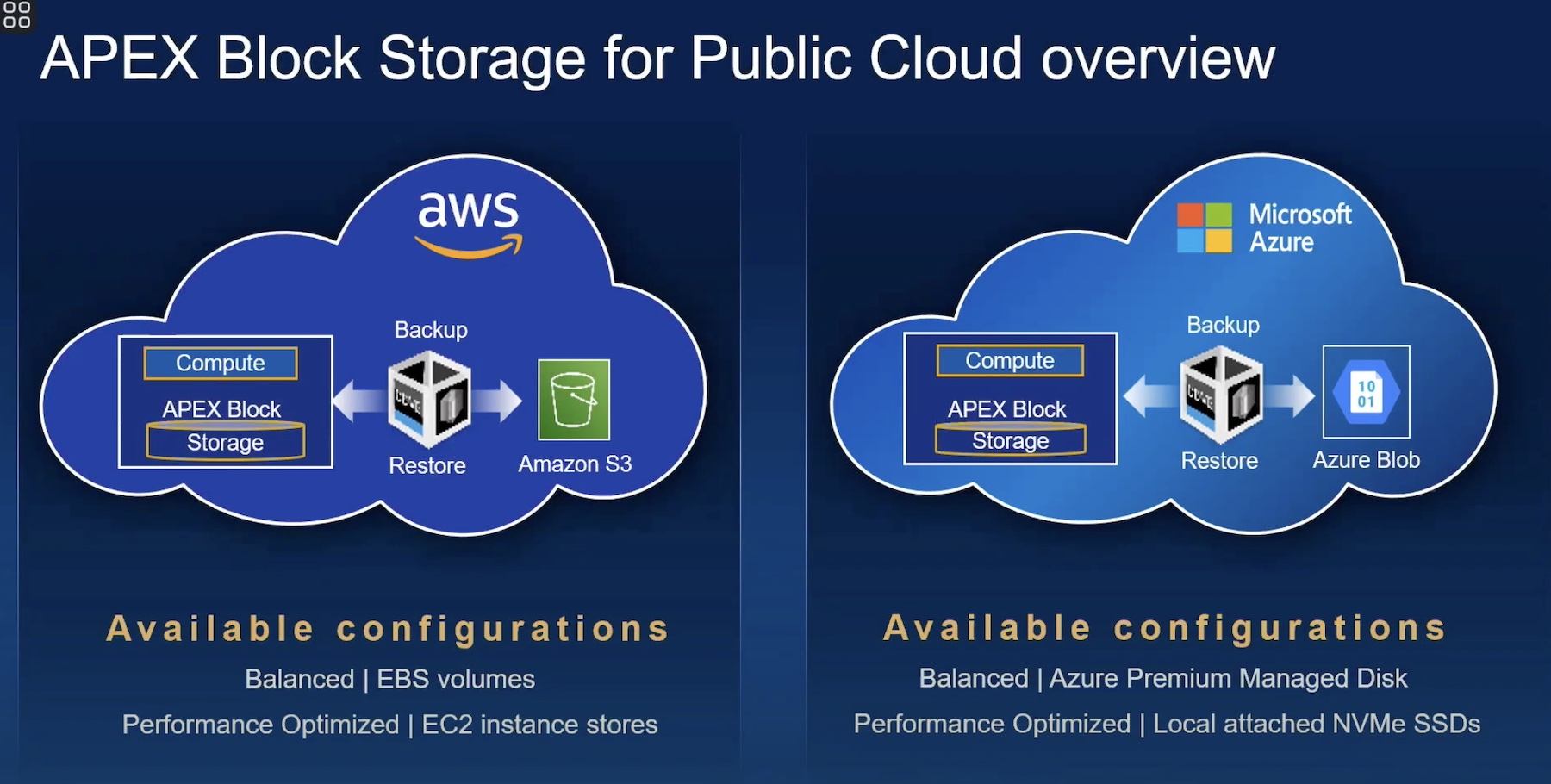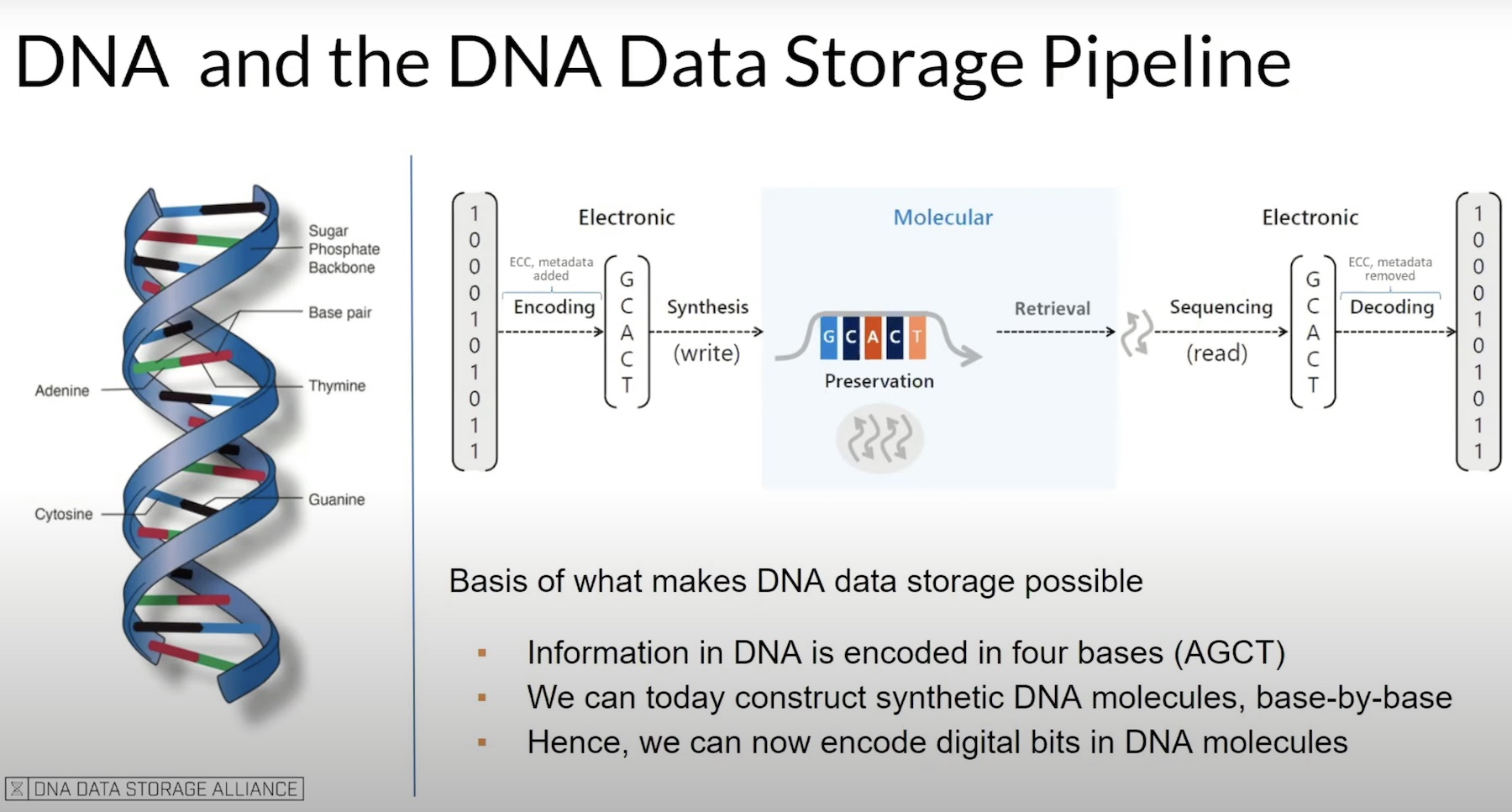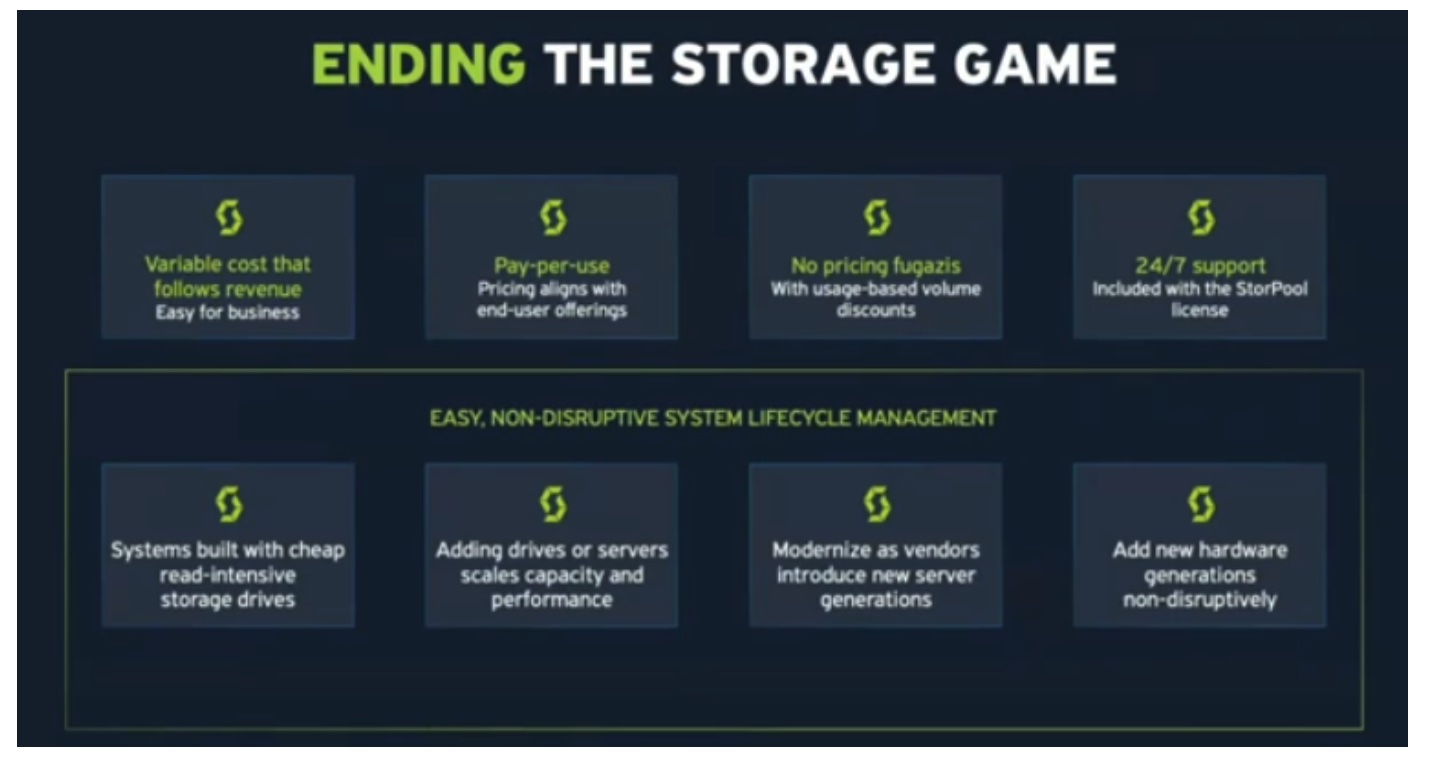Late last year, I wrote an overview about ClearSky Data. The company has a unique product. They offer an alternative to the usual state of cloud storage, with lots of latency and multiple data copies that you’re paying for individually. What continues to strike me about their offering is its completeness. Make no mistake, this is a fully managed storage solution.
But you’re not just paying for convenience when you work with ClearSky Data. If you’re not familiar, they are able to offer extremely low latency on remote storage, and can quickly move data between data centers. They do this with an on-site edge cache supplied by the company. This stores extremely hot data and other algorithmically selected data to make frequent access as quick as possible. This is aided by using their own private network to transfer the data, with ClearSky running their VPLS to a customer’s site.
Data for the entire service is run through metro-based points of presence. ClearSky is very particular with the latency to the PoP for new customers, if they can’t meet their own internal minimums, they won’t run the service. This is the benefit of being tied to a geographic metro area. As a result, their rollout is limited within the US, but for organizations operating in multiple sites within he same metro region, it’s a killer way to maintain data between data centers.
ClearSky Data is also looking to expand from catering to VMs, and moving into the world of containerization. Although they haven’t announced an offering in this area as of yet, its an exciting possibility. The company is saying that they are working on container orchestration, and specifically with Docker. The potential implications of this are very interesting. I still remain skeptical that databases fundamentally benefit from being containerized. But ClearSky is working to integrate their solution to allow them to be the storage backend when they they are. This would theoretically allow an organization to take a database and easily move it around data centers. or even move it to the cloud and back.
ClearSky Data is working with other orchestration environments as well, so customers wouldn’t be locked into just using Docker, even if that is the biggest whale in the pool. They eventually want to be able to create a globally synchronized registry, allowing for containers to be registered in one location and then easy moved to another.
All of this work on containers is ongoing, this isn’t a current offering by the company. But it must be close enough on the roadmap that they feel comfortable talking about it publicly.
As a managed service, ClearSky Data puts a lot of the onus on itself. Part of its value-add is being able to provide a fully baked solution, not something that an organization can thrown developers at to improve. While the basics of their service will always have a large degree of functionality, it is incumbent on the company to aggressively expand how it can be applied, and make it easy for customers.Working with Docker shows that ClearSky Data is doing just that. If they can announce the finished offering relatively soon, they should nicely be able to coincide with a lot of organizational needs.
Where they operate, ClearSky has the novel position of being able to offer a legitimate storage-as-a-service for primary data. Their challenge for the foreseeable future is expanding their metro PoPs to simply provide this service to more areas. But in some ways, I see this gradual expansion as a positive for the company. Instead of merely expanding for its own sake and diluting their solution and message, they’re taking the time to deliver a quality product where they’re currently operating. Don’t get me wrong, I’d rather have both, but if I had to choose one, ClearSky Data made the right choice. I’ll be interested to see the company grow to other markets. As it stands, they have a unique managed service offering and seem to be making the right moves to keep it relevant with changes in enterprise IT.
For more details, checkout their presentation from Tech Field Day.




